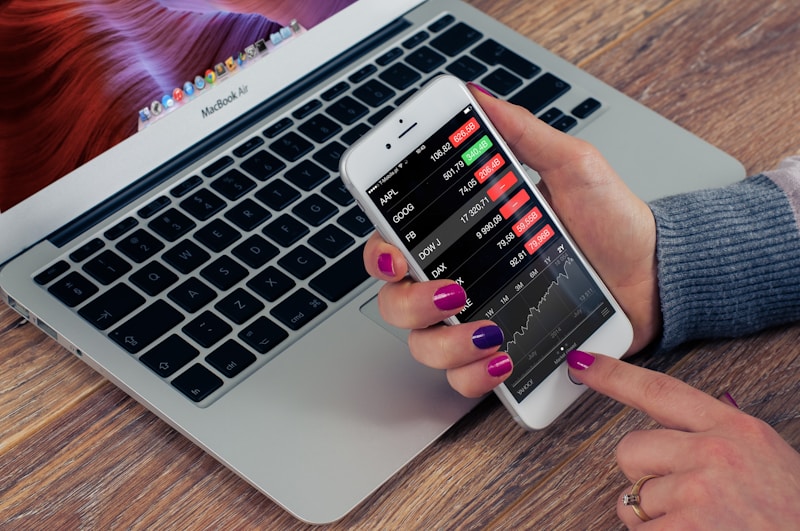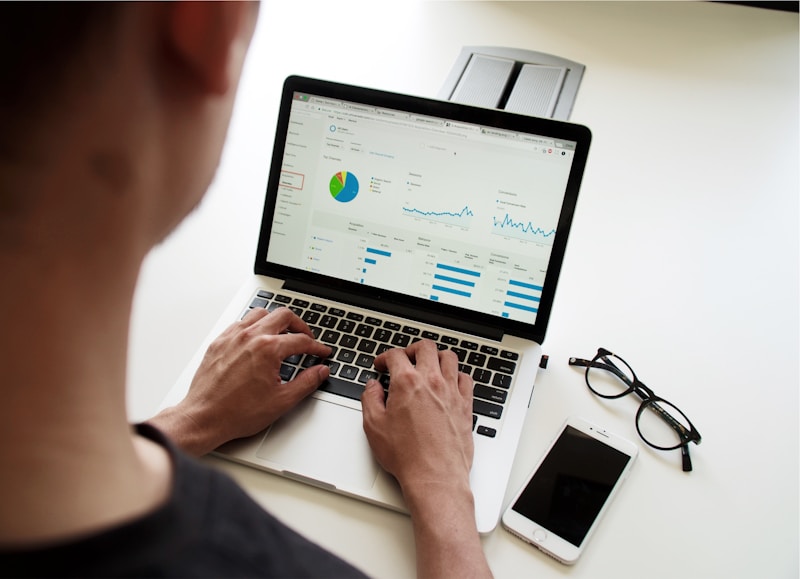10 Questions
What is the study of how individuals and societies allocate scarce resources to satisfy unlimited wants?
Economics
What is the total value of all final goods and services produced within a country's borders in a given time period?
Gross Domestic Product (GDP)
What is the rate at which the general level of prices for goods and services is rising, accompanied by a falling value of the currency?
Inflation
What does macroeconomics focus on?
The overall performance of the economy, including trends in employment, output, productivity, and prices
What is international trade?
The exchange of goods, services, and commodities between countries
What are exports?
Goods or services produced in one country and sold to another country.
Why is international trade crucial for economic growth and development?
It allows countries to specialize in producing goods and services in which they have a comparative advantage, and it enables them to access a wider range of goods and services.
What is economic policy?
Economic policy refers to the actions, decisions, and measures taken by governments to influence the economy and achieve specific goals.
Give an example of a policy that aims to increase economic growth.
Investment in infrastructure and education
What do policies aiming to reduce income inequality and improve the standard of living for all citizens focus on?
Policies that aim to reduce income inequality and improve the standard of living for all citizens focus on progressive taxation and social welfare programs.
Study Notes
Economic Overview
Economics is the study of how individuals and societies allocate scarce resources to satisfy unlimited wants. It involves the production, distribution, and consumption of goods and services. The field can be divided into two main branches: microeconomics and macroeconomics. Microeconomics focuses on the behavior of individual consumers, firms, and industries, while macroeconomics examines the overall performance of the economy, including trends in employment, output, productivity, and prices.
Macroeconomics
Macroeconomics is the study of the economy as a whole, including its overall performance and the relationships among its various parts. It deals with issues such as:
-
Gross Domestic Product (GDP): The total value of all final goods and services produced within a country's borders in a given time period.
-
Inflation: The rate at which the general level of prices for goods and services is rising, accompanied by a falling value of the currency.
-
Unemployment: The percentage of the labor force that is without work but available for and seeking employment.
-
Interest Rates: The cost of borrowing money.
-
Government Spending: The amount of money a government spends on goods and services.
International Trade
International trade is the exchange of goods, services, and commodities between countries. It can be divided into two types:
-
Imports: Goods or services produced in another country that are brought into a country.
-
Exports: Goods or services produced in one country and sold to another country.
International trade is crucial for economic growth and development. It allows countries to specialize in producing goods and services in which they have a comparative advantage, and it enables them to access a wider range of goods and services.
Economic Policy
Economic policy refers to the actions, decisions, and measures taken by governments to influence the economy and achieve specific goals. It can be used to address issues such as:
-
Economic Growth: Policies that aim to increase the overall output of an economy, such as investment in infrastructure and education.
-
Employment: Policies that aim to reduce unemployment and improve the labor market, such as job training programs and subsidies for businesses.
-
Inflation: Policies that aim to control or reduce the rate of inflation, such as monetary policy.
-
Income Distribution: Policies that aim to reduce income inequality and improve the standard of living for all citizens, such as progressive taxation and social welfare programs.
In conclusion, economics is a complex and multifaceted field that involves the study of individual behaviors, macroeconomic trends, and international trade. Understanding these concepts is essential for making informed decisions about personal finances, business operations, and public policy. By exploring the topics of macroeconomics, international trade, and economic policy, we can gain a deeper appreciation for the forces that shape our economic lives.
Test your knowledge of macroeconomic concepts, international trade principles, and economic policy measures with this quiz. Explore topics such as GDP, inflation, unemployment, international trade types, and economic policy goals.
Make Your Own Quizzes and Flashcards
Convert your notes into interactive study material.




